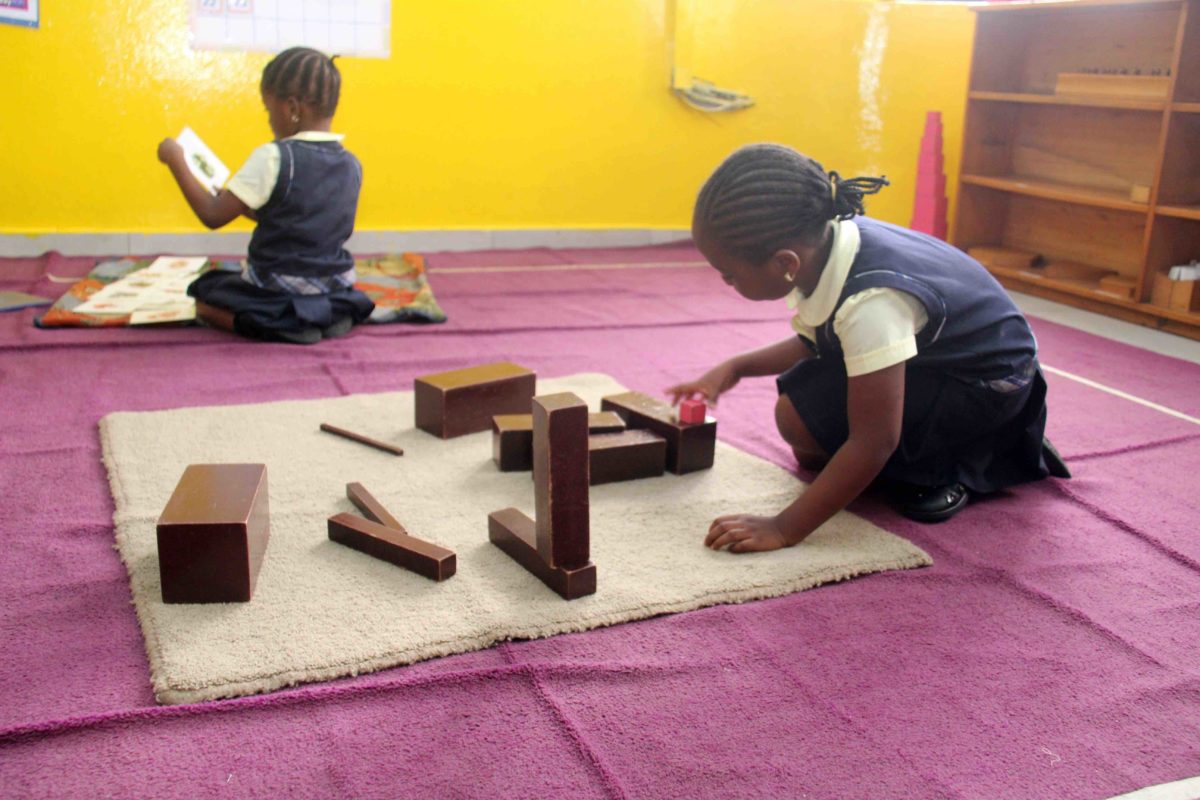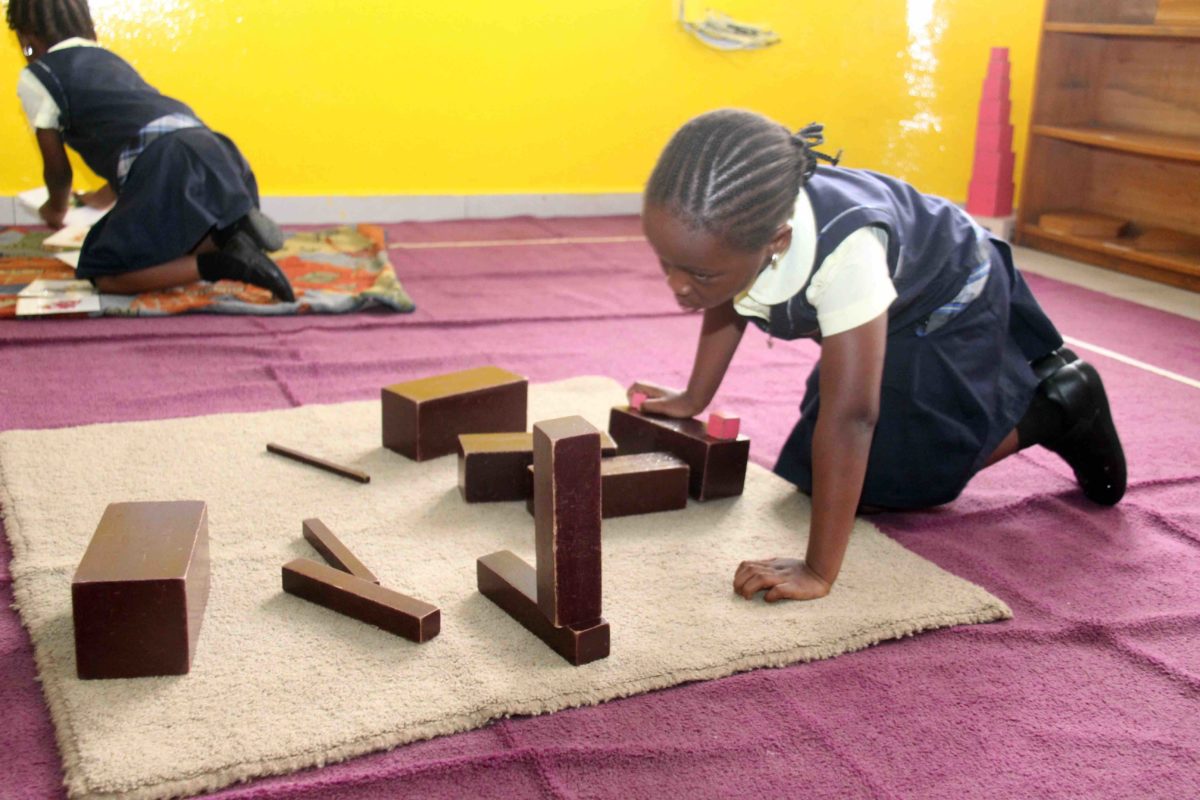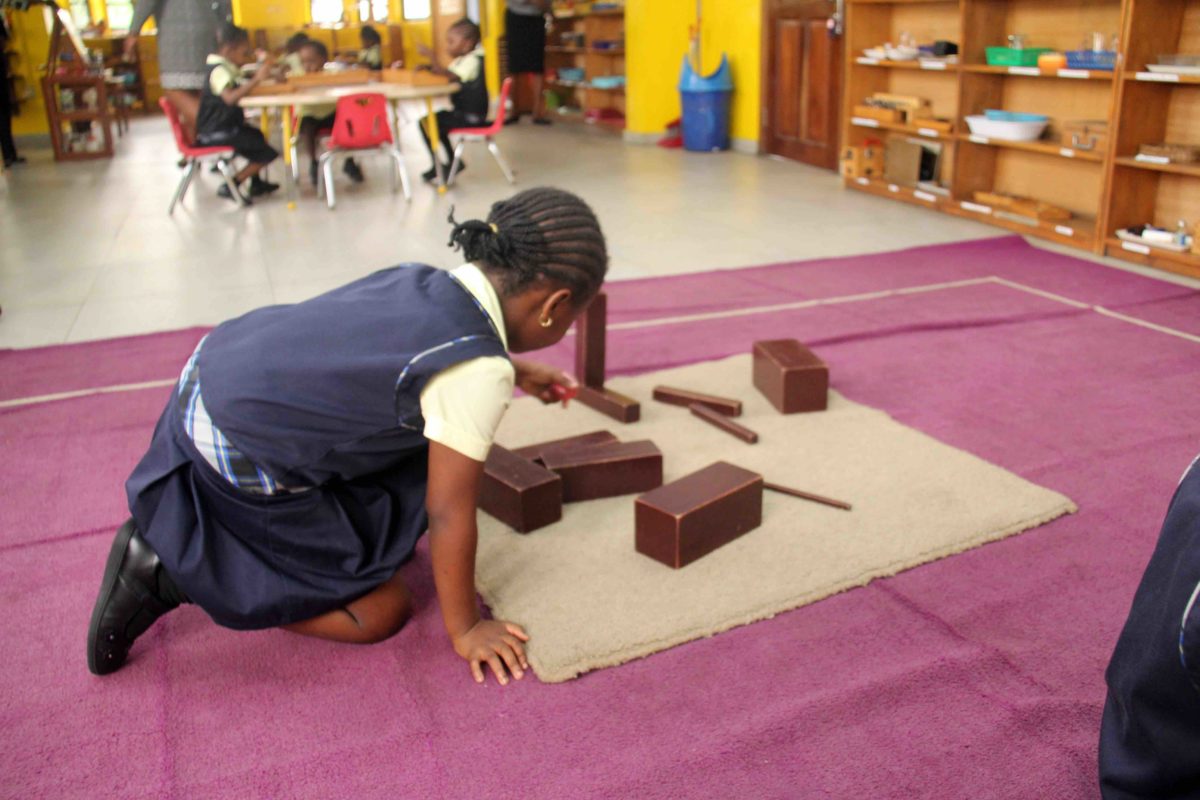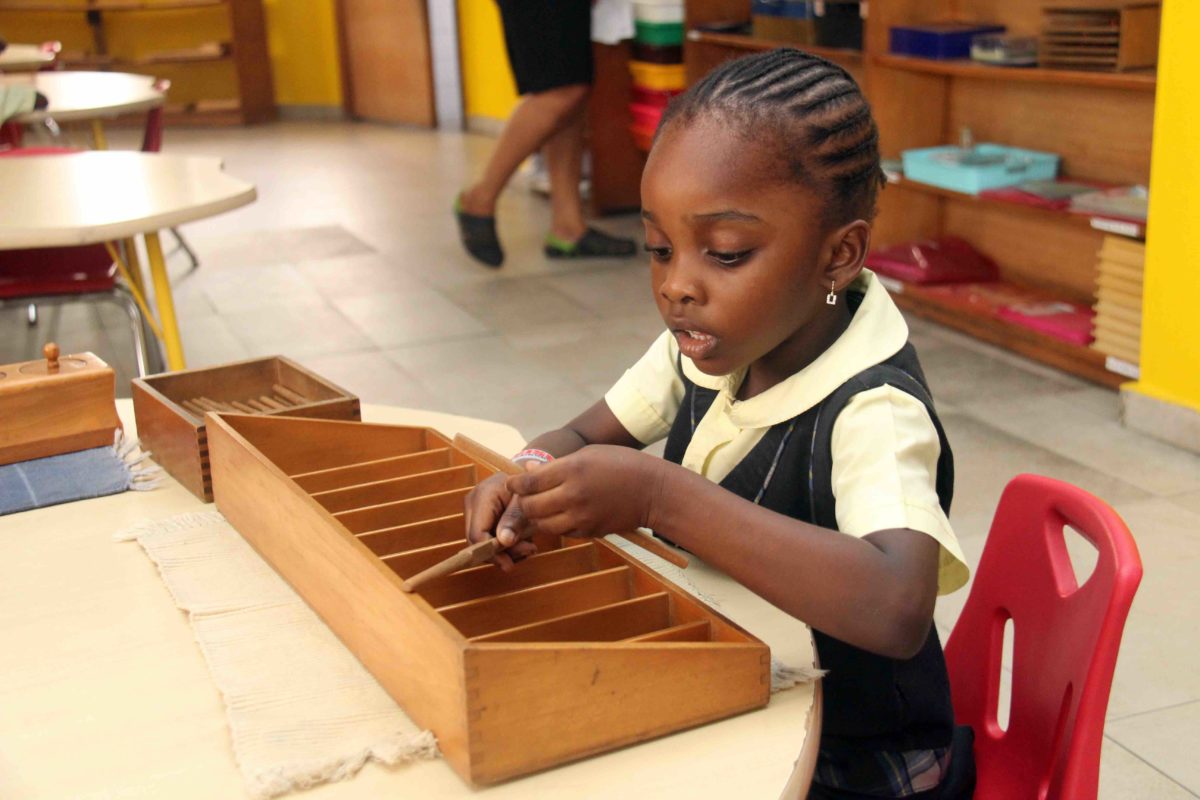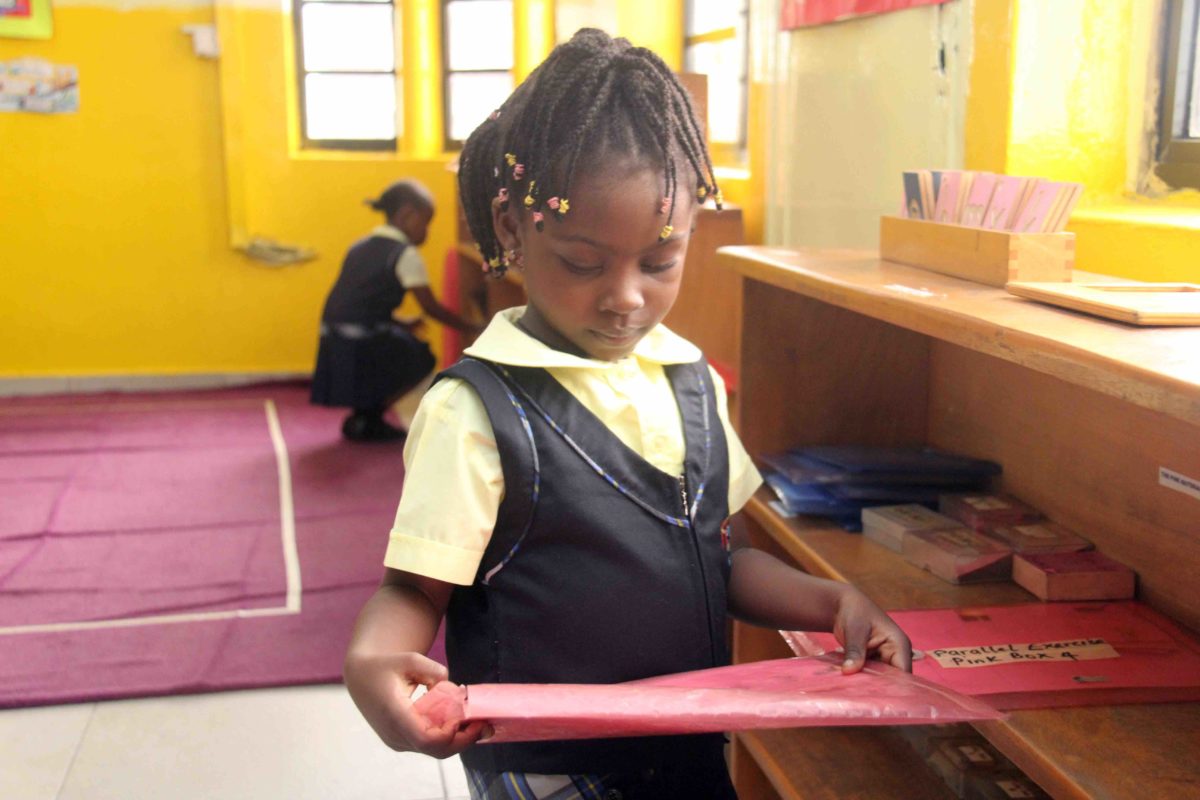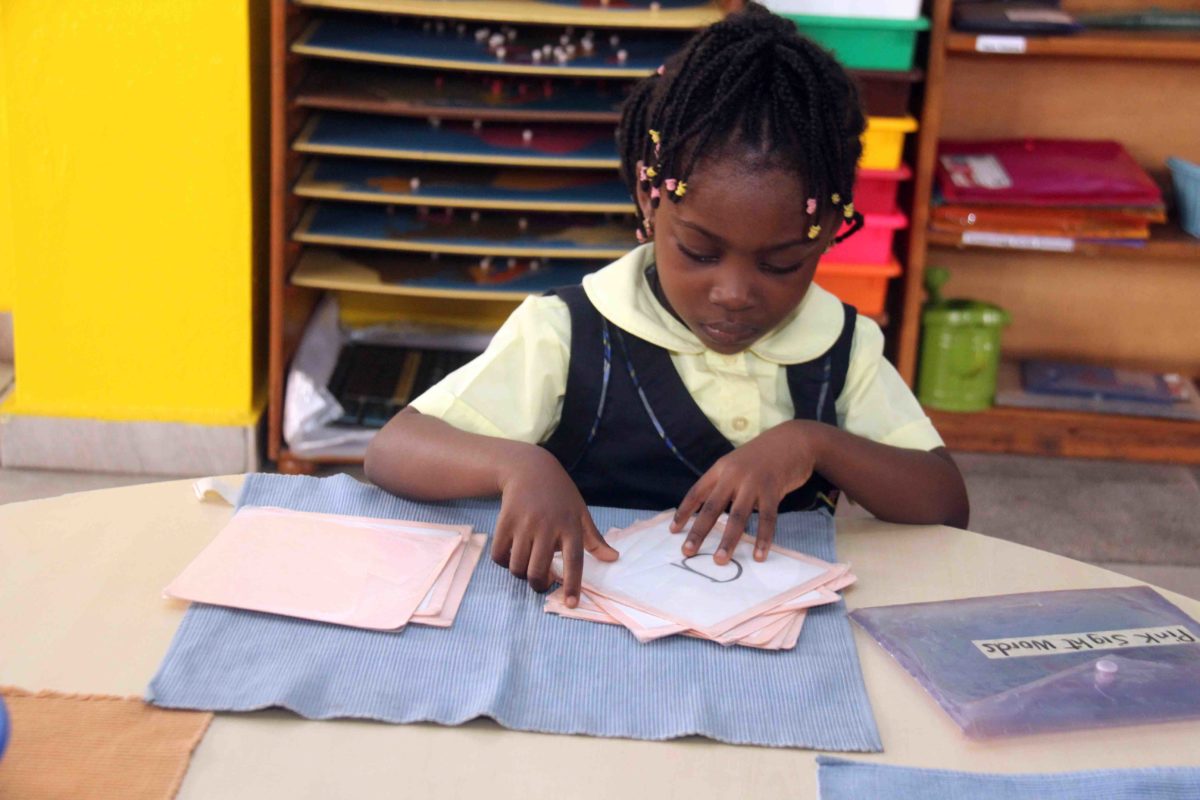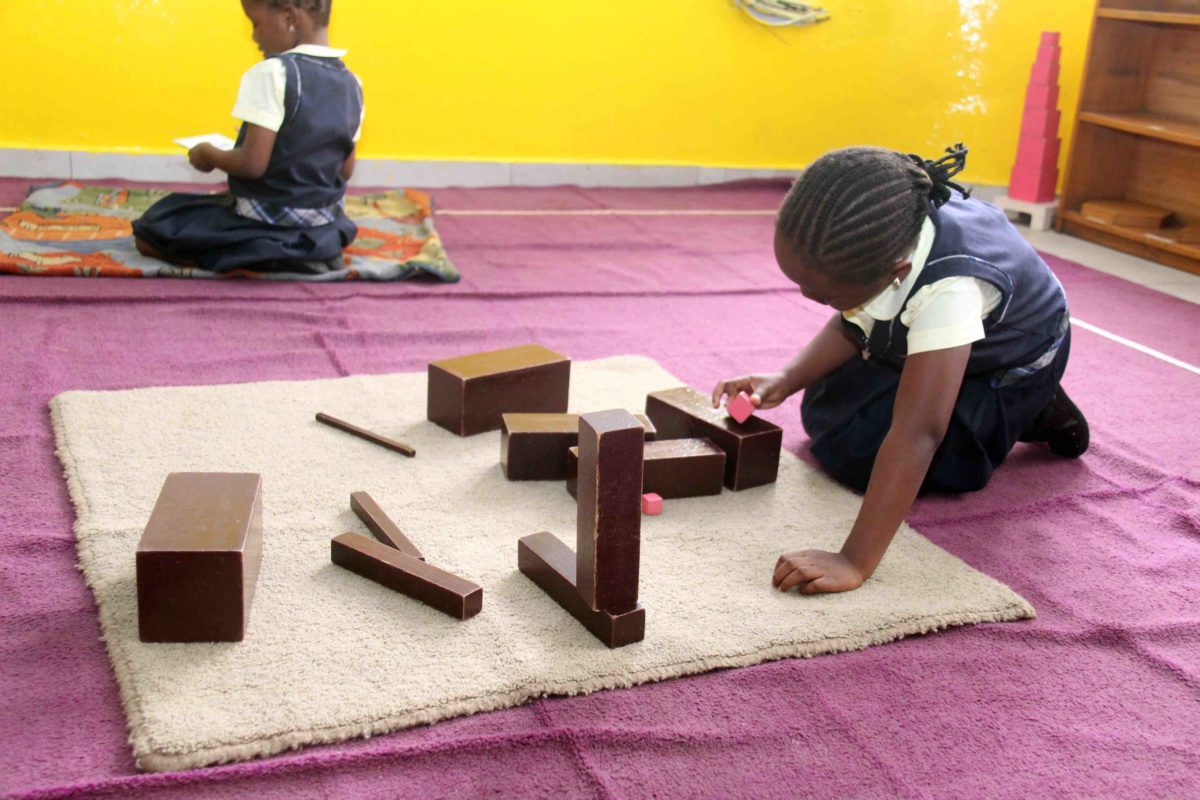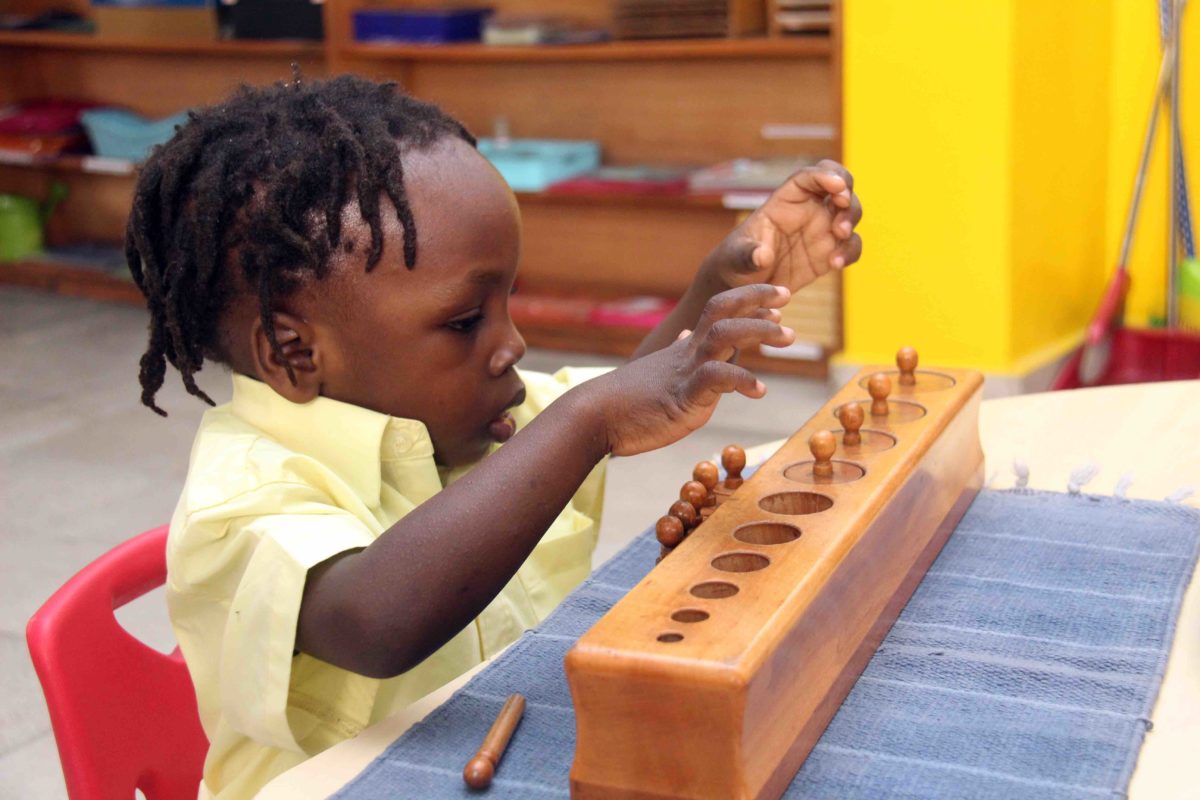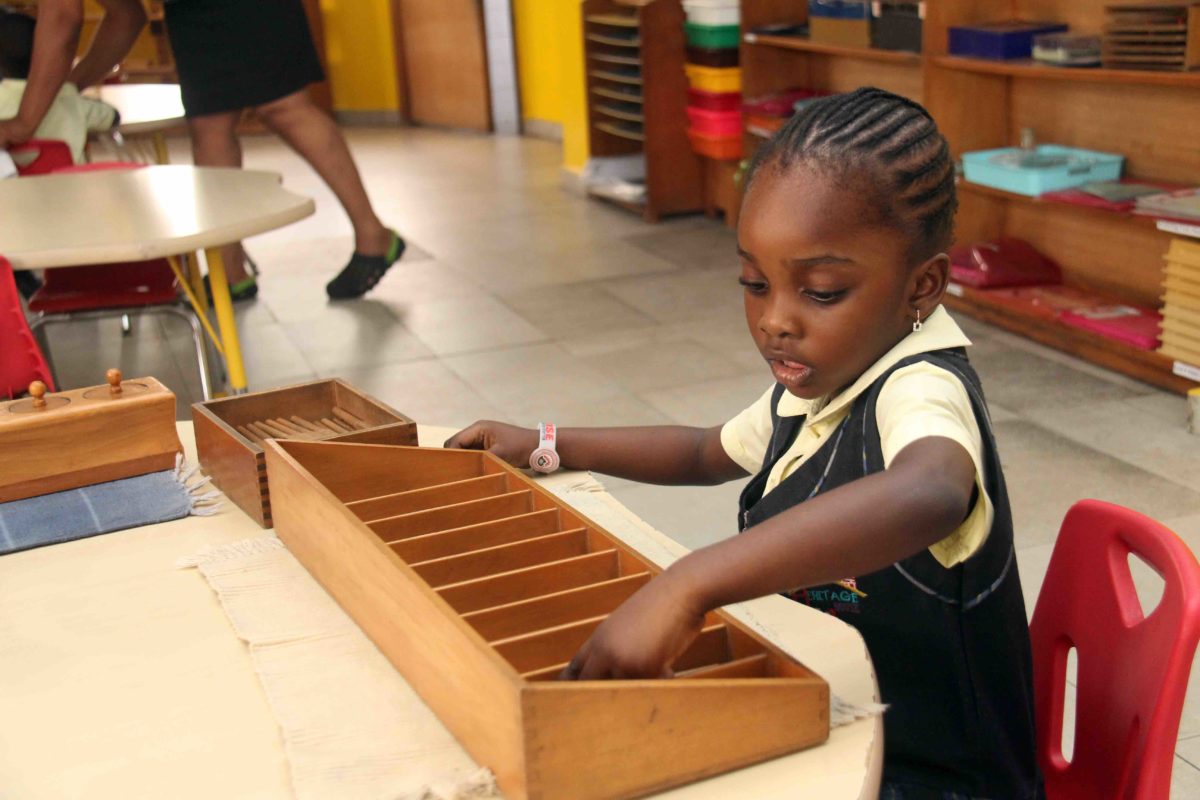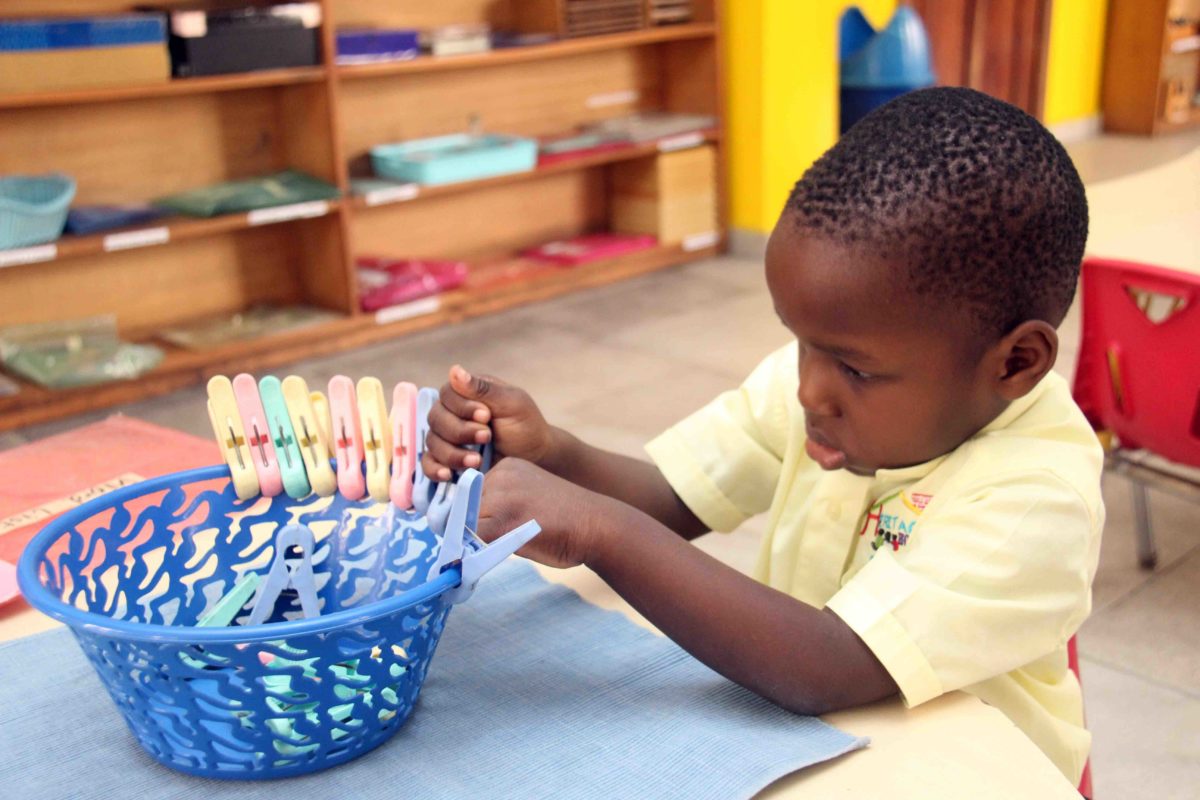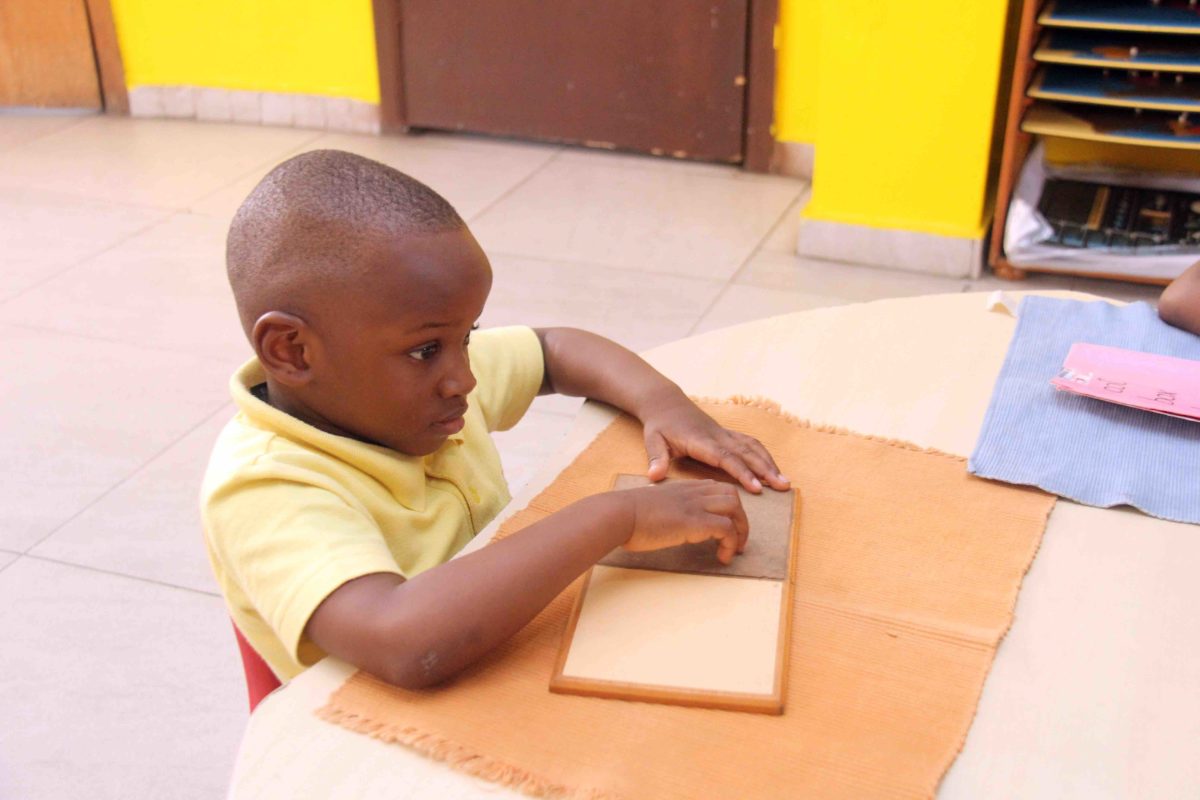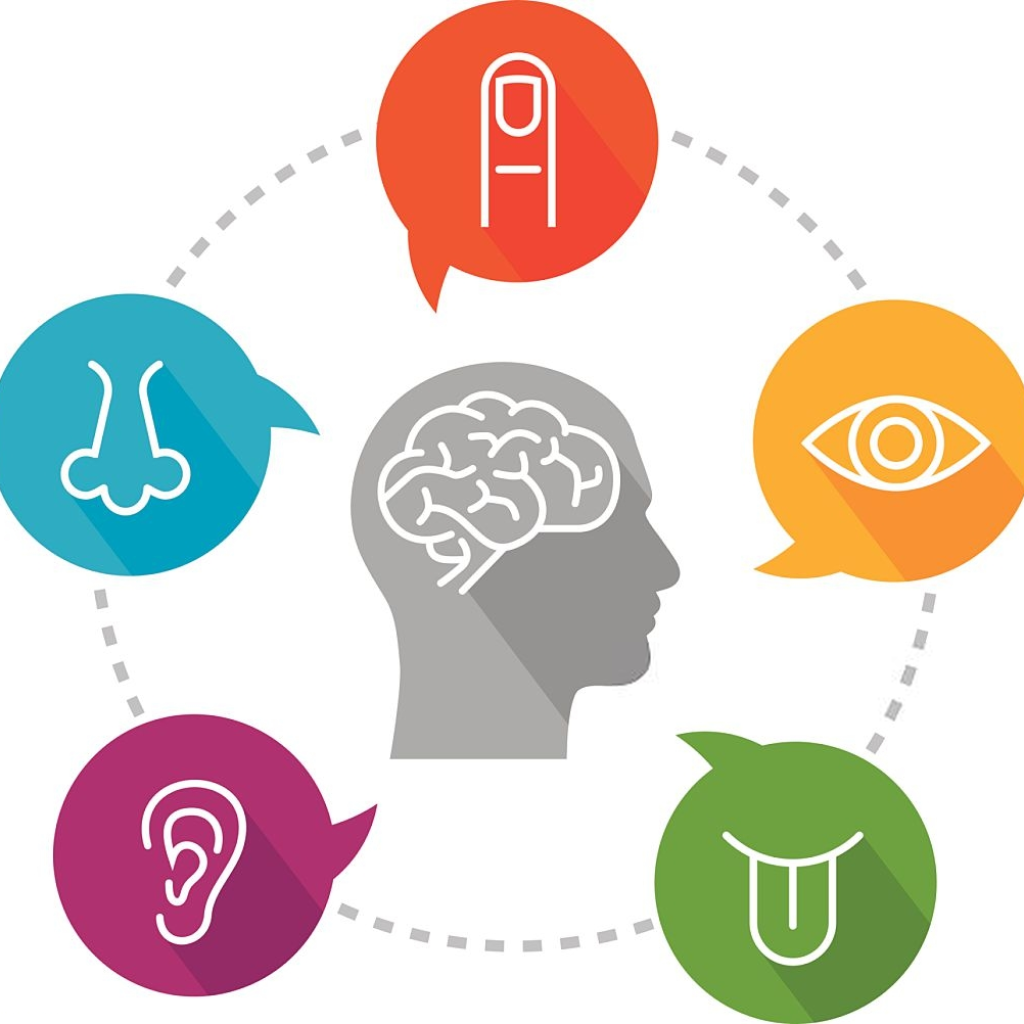ACADEMIC
CURRICULUM
In addition to encouraging your child to be independent, he/she is given the freedom to choose his or her work/activities in the different curriculum areas. Your child is introduced to Montessori materials within the prepared environment and shown how to respect and care for the environment and all things within it.
Other activities such as singing, music and movement using percussion instruments and other forms of creativity are encouraged. Termly themes are also explored in class discussions, and inform planned activities for the children across the entire pre-school. Overall, the child is given the necessary foundation for work which the elementary school will build on.
Subjects are categorized under the following major curriculum areas.
